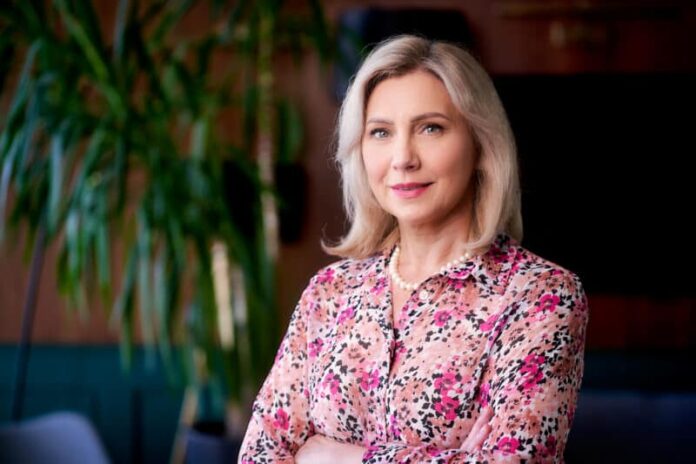Many of us declare that saving is important and want to do it. At the same time, we feel a lot of uncertainty when it comes to our knowledge related to finances, and if we seek answers, we try to find them on our own. This is because, despite ongoing discussions in the media about financial security, inflation, or interest rates, it turns out that in the daily life of Poles, finances are often a taboo topic. How can we counteract this?
Averseness to discussing finances is a fairly common phenomenon. In our culture, money is often considered a taboo topic and there is a deeply rooted stereotype that gentlemen do not discuss money, even though men talk about them more often than women. Regardless of our profession and how much we earn, we usually cannot discuss finances. In practice, this means that we find it hard to negotiate a raise or jointly decide on a household budget. Another issue that causes us difficulty is, for example, the return of a loan. Almost every second woman surveyed (47%) and every third man asked (33%) believes that they should ask for a loan to be returned, but do not know how to do it. It is considered awkward by 46% of Polish women and 31% of Polish men.
Finance is a private domain for many people. We don’t talk about how much we earn, how much we have saved, whether we invest and in what, and we don’t want to be judged based on our answers. Talking about money is not easy, but they allow you to take the first step towards building a sense of financial security. It allows for open discussions with loved ones about, for example, planning the household budget, available savings solutions, and past experiences.
Interesting conclusions are provided by a study conducted recently in the UK. Over a fifth of 16-21 year olds have never discussed money with their parents or guardians, and 21% believe that this has adversely affected their confidence in making financial decisions. Less than half said that their parents openly talked to them about finance as they grew up, and the vast majority stated that they would be more confident in making financial decisions if money was more frequently discussed at home.
Psychologist Agata Trzcińska, who conducts research on our attitudes towards finance, emphasizes that lack of openness can have not only unpleasant consequences for the budget, but also lead to a deterioration in relations with other people, and even a feeling of anger and frustration related to, for example, difficulties in directly asking for a loan to be returned.
Financial security is not achieved once and for all. It is a long-term process that requires planning, the development of appropriate habits, e.g. monitoring one’s expenses, and expanding knowledge. The world of finance does not stand still – new solutions and opportunities appear constantly, but also challenges. The key to facilitating responsible financial decisions is reliable and accessible financial education.
In the “Level of Financial Knowledge of Poles 2023” survey, respondents rated their knowledge at 2.9 (on a 5-point scale). 38% of them considered their knowledge to be rather or very small. More than half of the respondents (53%) pointed to the need for a better understanding of economic mechanisms, and slightly less (48%) emphasized the need to improve knowledge about managing the household budget and a sense of financial security (45%).
Once again, let’s not be afraid to talk about finances with loved ones, with friends, and also – if possible – with a financial expert. Confronting our approach with the experiences of others allows us to look at finances from a broader perspective, go beyond established patterns. Let’s look for reliable, verified information that will allow us to make better decisions. In this way, we are building a solid foundation for future intentions. It is worth using systemic solutions in this area, such as Employee Capital Plans, which allow for systematic long-term savings in a simple and effective way.


















